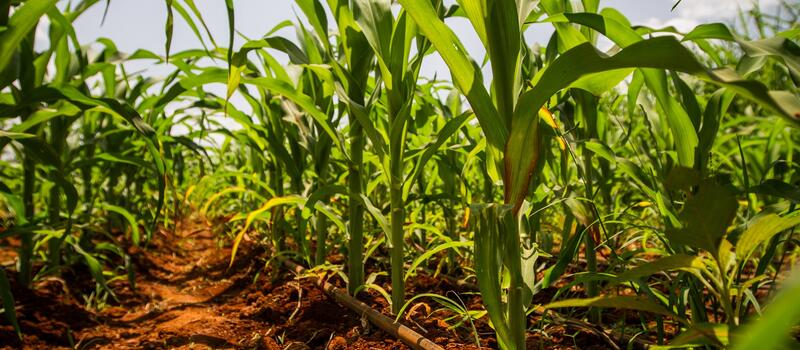Plant Protection EBA Data in Action Technical Brief

Reliable pest management and robust pest control at country borders go hand in hand with strong agricultural and agribusiness sectors. Strong plant protection regulatory frameworks facilitate safe trade and help safeguard agriculture and the significant developments that have been achieved so far. Currently, Africa continues to battle an outbreak of invasive, transboundary pests including the Fall Armyworm (FAW). This pest was first reported in mainland West Africa (Nigeria, Togo, Benin) and the island of Sao Tome (Sao Tome and Principe) in early 2016 and is confirmed to be present in 28 African countries including several Feed the Future countries, Kenya, Mali, Nigeria, and Senegal. FAW in Africa has caused significant damage to maize crops in particular, a staple crop in many countries. Invasion by FAW will further impact international trade, since countries where the pest has not yet been detected are expected to place additional production or handling requirements on exports from FAW–affected countries (Day et al., 2017). Affected countries in Africa are prioritizing immediate and long-term solutions to mitigate and contain the devastating impacts of FAW.
This brief, authored by the Feed the Future Enabling Environment for Food Security project, offers timely considerations for mitigating and addressing Fall Armyworm in Africa in the near and long term. The brief synthesizes plant protection data available through the 2017 World Bank Enabling the Business of Agriculture Index to identify opportunities to strengthen the regulatory environment for plant protection in sub-Saharan Africa and in support of the US Government Global Food Security Strategy (GFSS).
Related Resources
Enabling the Business of Agriculture: Plant Protection Data
